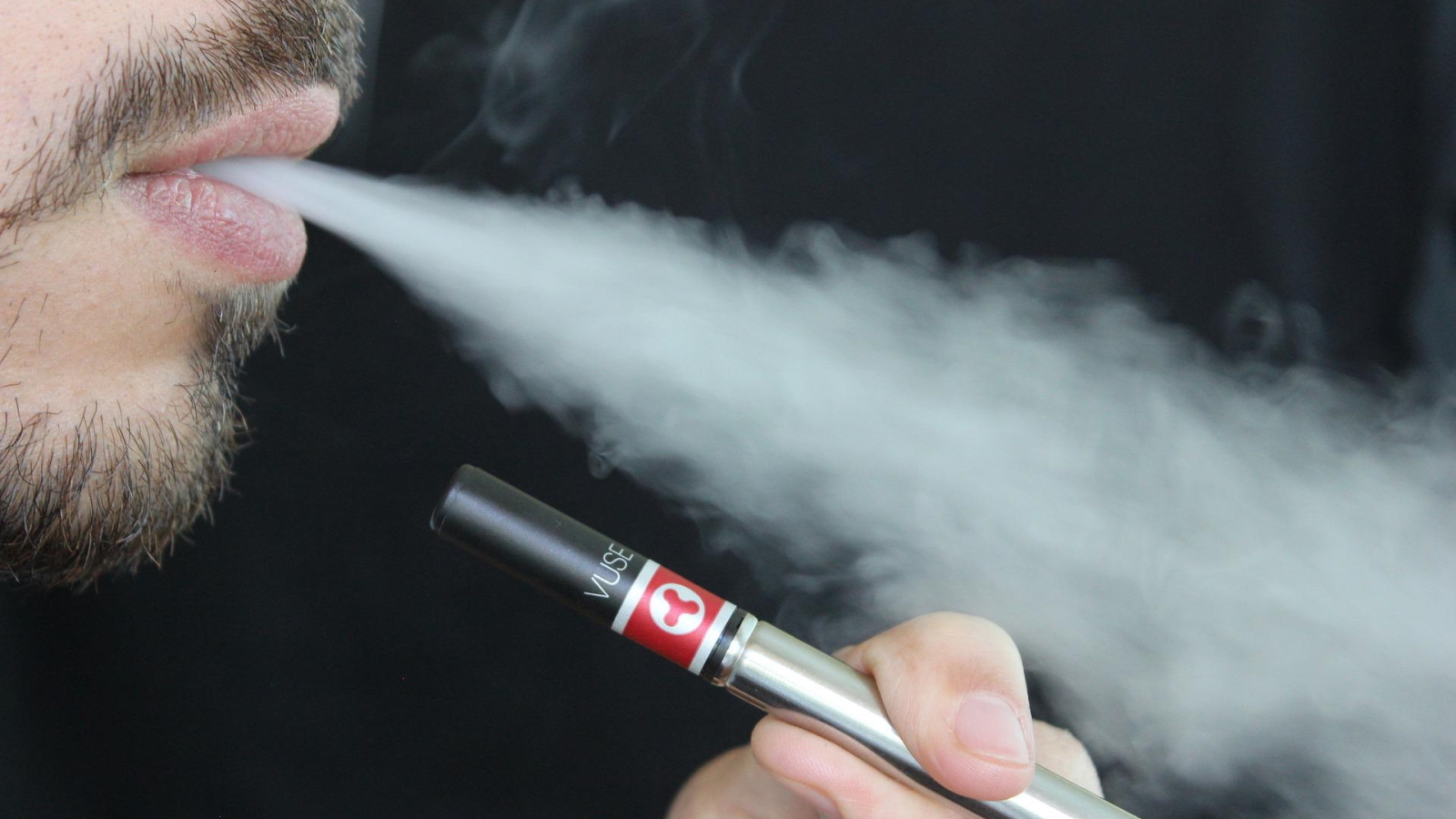As a result of Tuesday's election, the sale of flavored tobacco products continues to be banned in the State of California.
Even while other ballots had yet to be counted, the outcome was clear for Proposition 31, which upholds a ban on the sale of such products including flavored vape juices as well as menthol smokes.
Proposition 31 passed with approximately 62% of voters in favor, the Associated Press said. It was not necessary for all the ballots to be counted to see that the majority vote was with the legislation.
“In California’s battle against Big Tobacco, voters have overwhelmingly decided to protect kids from being lured into a lifetime of addiction to nicotine," Lindsey Freitas, regional advocacy director of the Campaign for Tobacco-Free Kids, said in a recent Los Angeles Times report.
Prop 31 upholds a 2020 law banning the sale of most flavored tobacco products, the report said. But there are exceptions for hookah, premium cigars and loose-leaf tobacco. Advocates for the proposition have said that restrictions on the sale of flavored tobacco products would deter use among kids. Varieties like bubblegum, cotton candy and cherry are considered "youth friendly."
Another sign of support for Prop 31 is the money raised for the campaign to drum up election success. The campaign generated approximately $60 million thanks to endorsements from former New York City Mayor Michael Bloomberg, the California Democratic Party and the California Teachers Association.
Conversely, the campaign against Proposition 31 also raised millions of dollars through help from R.J. Reynolds Tobacco Co. and Philip Morris USA, as well as an endorsement from the California Republican Party; the Times report said. Since the proposition eliminated flavors for e-cigarettes, opponents of the ban said it would remove an effective tool used by smokers to quit traditional cigarettes. (The ban pertains to flavoring, not vaping itself.)
Additionally, opponents said the legislation would cost the state a considerable amount of money in lost revenue, the report said. The independent Legislative Analyst's Office estimated state tobacco tax revenues would be cut by $100 million annually.

